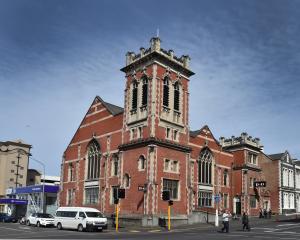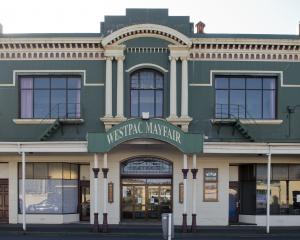
Lakes Hāwea, Wānaka, Wakatipu, Hayes and Dunstan will be priorities for the group, formed after the parliamentary commissioner for the environment, Simon Upton, pulled up the council last year for a lack of funding and leadership that could risk the health of Otago’s mountain lakes.
This week, councillors approved the terms of reference for the group, which has met twice this year.
Interim chief executive Pim Borren said the group’s focus on five lakes did not mean the council was ignoring a broader programme of work related to all of Otago’s lakes that had also recently begun.
"This is about making things happen as opposed to letting things happen," Dr Borren said.
A budget had yet to be determined for the working group in part because the council was expecting to do the work in concert with the Ministry for the Environment, which received a similar warning from Mr Upton, he said.
Otago experts, including University of Otago Associate Prof Marc Schallenberg, had been left off the group’s membership "because we might want to employ him".
Around the time the council heard from Mr Upton it received a report by Cromwell environmental consultancy Landpro, which found that although Otago's lakes were a critical part of the region’s identity, the council lacked an overarching strategy to protect them.
Dr Borren said the working group was not intended to duplicate the "business as usual" work related to that report, which addressed all 7000 Otago lakes.
At Wednesday’s meeting, councillors decided the Otago Lakes Management Working Group would consist of council chairwoman Gretchen Robertson, a representative of mana whenua, Dr Borren, Crs Michael Laws and Alexa Forbes and acting strategy manager Andrea Howard.
The group would co-opt technical expertise as needed.
The terms of reference councillors approved also noted the working group was not a decision-making body of council, but recommendations it made would be presented to council for consideration.












